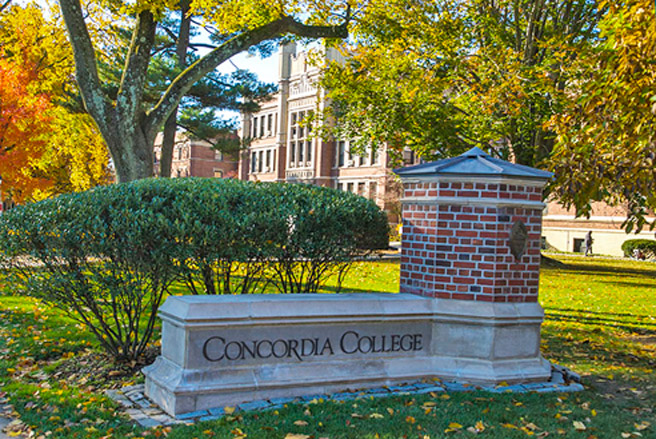The odds in favor of sports betting finally being legalized in Connecticut are apparently getting better ”“ though there is still plenty of parlaying going on.
 “We”™re at the one-yard line, and we just have to punch it in,” Mashantucket Pequot Tribal Nation Chairman Rodney Butler told the state Public Safety and Security Committee yesterday.
“We”™re at the one-yard line, and we just have to punch it in,” Mashantucket Pequot Tribal Nation Chairman Rodney Butler told the state Public Safety and Security Committee yesterday.
“In the spirit of give and take,” said Rich Pingel, chief legal officer of Sportech, which like the Mashantucket Pequot and Mohegan tribes ”“ and, not insignificantly, the Connecicut Lottery Corp. (CLC) ”“ is seeking the state”™s blessing to operate sports betting, iLottery and online gaming in Connecticut.
The comments were made partly in response to a challenge issued by committee member Rep. Kurt Vail (R-Somers), who expressed frustration over the impasse, which has lasted for years. “Somebody needs to give up something,” he said. “Have a conversation! Figure it out so that we can have gaming in this state.”
When Sportech Venues President Ted Taylor said he agreed that “it”™s about time we sit down and talk ”¦. I see some movement on this,” Vail replied: “But all three groups think their way is the best way.”
The main point of contention is the decades-old gaming compacts between the two tribal nations and the state. Those agreements give the tribes, which operate the Foxwoods and Mohegan Sun casinos, exclusive rights to casino games in exchange for 25% of their slots revenue ”“ something that has added up to over $8 billion for the state over the years.
But whether sports betting, online gambling and the like can be considered “casino games” remains an open question. The tribes maintain that they are ”“ Butler invoked a New Jersey ruling defining sports betting as something that “takes place at a casino” ”“ and thus should be included in their exclusive rights; Sportech says they are not.
Pingel, referring to what he called the tribes”™ “supposed exclusivity,” said that sports betting had not been written into either compact. “The only folks who believe the tribes have exclusivity are the tribes themselves,” he said, adding that it was a “broad overreach” to say otherwise.
Taylor took up the point, saying that his company ”“ which has the exclusive license to offer off-track parimutuel betting in the state ”“ has looked and “can”™t find anyone else who does legal work outside of the tribes” who share their opinion, including then-Connecticut Attorney General George Jepsen.
Nevertheless, Taylor said, “We believe we can work together.”
Mohegan Gaming & Entertainment COO Ray Pineault, who also argued in favor of preserving the tribes”™ exclusivity, noted that online gaming has been legal in New Jersey since 2013, that Pennsylvania”™s online casinos accounted for 21% of that state”™s gaming revenues in 2020, and that Nevada could join the space as early as this spring.
As a result, Pineault said, Connecticut faces the prospect of losing online gaming revenue. “The time to act is now,” he said. “We are here to act as partners.”
Mohegan Tribal Nation COO Chuck Bunnell added: “Do no harm by bringing someone else in Connecticut that isn”™t currently here into a deal that has been beneficial to all of us.”
Sportech operates 11 venues around the state, including Bobby V”™s Restaurant and Sports Bar locations in Stamford and at Bradley Airport, while the CLC is headquartered in Rocky Hill.
Bunnell also warned that giving others the rights to sports and online gaming would “put at risk all the revenue Connecticut gets” from the tribes.
Meanwhile, CLC President and CEO Greg Smith said the lottery is the state”™s largest producer of gaming revenue, having recorded sales of $1.3 billion last year ”“ making for a profit of $348 million ”“ and that it already is $100 million ahead of budget this year.
“It”™s time to legalize sports betting in Connecticut,” declared CLC Chairman Rob Simmelkjaer. But, he added, “Competition is key. Multiple operators is the best way forward.” Simmelkjaer said that a conservative estimate showed the state would take in at least $750 million a year if CLC, Sportech and the tribes were all involved.
Smith agreed, saying that most players have accounts on the Mohegan, Mashantucket, and Lottery platforms. Having brick-and-mortar operations in every town would also be important, he said, as many players prefer to gamble in person with others, thus staying more engaged.
Butler ”“ appearing from Puerto Rico, where the Mashantucket Pequots announced a new partnership to reopen the historic El San Juan Casino in Puerto Rico ”“ said the tribes already have a deal with DraftKings to run its sports betting operation “ready to go.”
“The opportunity is on our doorstep,” he said. “We are in regular discussions with the governor”™s office” about sports and online betting.
Sportech”™s Taylor said his company was as well, but he appeared to concede that the tribes have a stronger relationship with the Lamont administration.
Committee co-Chair Sen. Dennis Bradley (D-Bridgeport and Stratford) asked Butler his thoughts about turning Bridgeport into “a mega center for sports betting.” Butler allowed such a development could happen in the future, but that the two tribes”™ proposed Tribal Winds Casino in East Windsor remains “next in the pecking order.”






















